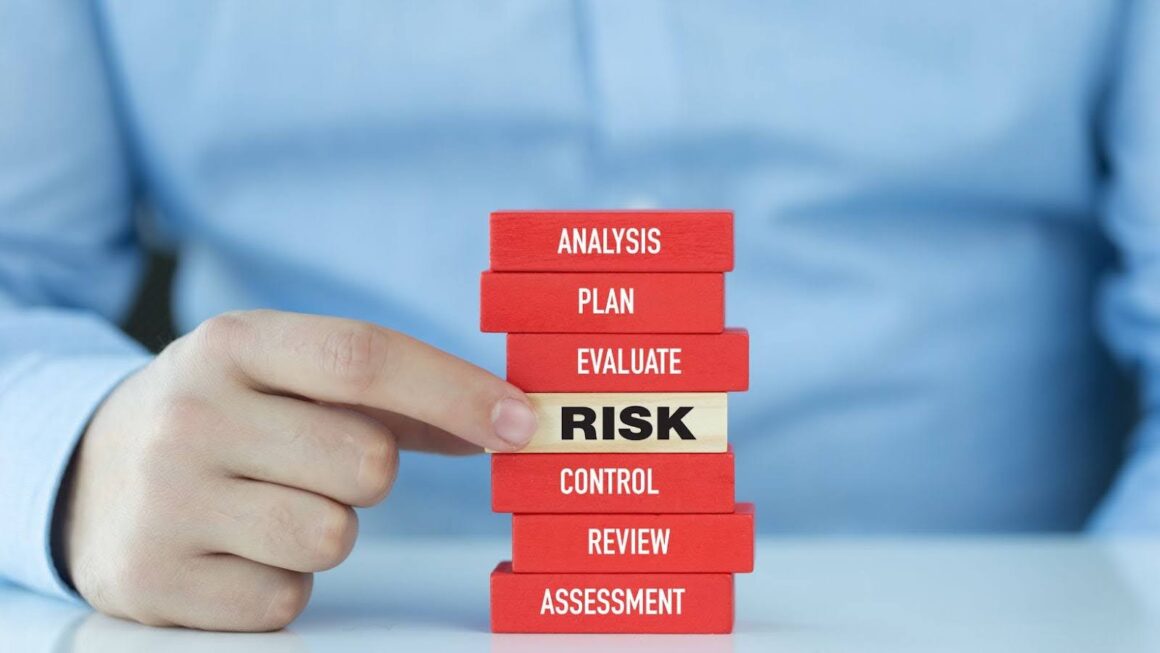
Navigating risk in business is more crucial than ever. With the advent of technology, businesses have unprecedented tools at their disposal to identify, assess, and mitigate risks. This article explores how modern technology can be leveraged to manage risks effectively, ensuring business continuity and fostering growth.
Data Analytics and Predictive Modeling
One of the most significant advancements in risk management is the use of data analytics and predictive modeling. These technologies allow businesses to analyze vast amounts of data to identify patterns and trends that may indicate potential risks. Predictive modeling, in particular, uses historical data to forecast future events, enabling companies to anticipate and prepare for potential challenges.
For example, financial institutions use predictive analytics to assess credit risk by analyzing customer data and transaction histories. This approach helps them determine the likelihood of default and make informed lending decisions. Similarly, supply chain managers use data analytics to predict disruptions, such as delays in shipping or changes in demand, allowing them to adjust their strategies proactively.
Artificial Intelligence and Machine Learning
Artificial Intelligence (AI) and Machine Learning (ML) are revolutionizing risk management by providing sophisticated tools for detecting and responding to risks in real time. AI-powered systems can process and analyze data faster and more accurately than human analysts, identifying anomalies and potential threats that might otherwise go unnoticed.
In cybersecurity, AI and ML are used to detect and respond to threats such as malware, phishing attacks, and data breaches. These technologies continuously learn from new data, improving their ability to recognize and counteract emerging threats. This proactive approach to cybersecurity helps businesses protect sensitive information and maintain customer trust.
Blockchain Technology
Blockchain technology offers a secure and transparent way to manage and mitigate risks associated with transactions and data integrity. By providing a decentralized and immutable ledger, blockchain ensures that all transactions are recorded accurately and cannot be altered retroactively. This feature is particularly beneficial in industries such as finance, supply chain, and healthcare, where data integrity and transparency are paramount.

For instance, in the supply chain industry, blockchain can track the origin and movement of goods, reducing the risk of fraud and ensuring product authenticity. In finance, blockchain helps in preventing fraudulent transactions and enhancing the security of financial data.
Cloud Computing
Cloud computing has become an essential tool for risk management, offering scalability, flexibility, and cost-efficiency. By migrating their data and applications to the cloud, businesses can ensure data redundancy and disaster recovery, mitigating the risk of data loss due to hardware failures or natural disasters.
Moreover, cloud computing provides robust security features, including encryption, access controls, and continuous monitoring, helping businesses protect their data from cyber threats. The ability to access data and applications from anywhere also supports business continuity, allowing operations to continue even in the face of disruptions.
Internet of Things (IoT)
The Internet of Things (IoT) connects physical devices to the Internet, enabling real-time data collection and analysis. This connectivity allows businesses to monitor and manage risks more effectively by providing insights into various operational aspects.
For example, in manufacturing, IoT sensors can detect equipment malfunctions or inefficiencies, allowing for timely maintenance and reducing the risk of costly downtimes. In logistics, IoT devices track the location and condition of goods, ensuring that products are delivered on time and in good condition, thus minimizing the risk of delays and losses.
Risk Management Software
Specialized risk management software offers comprehensive solutions for identifying, assessing, and mitigating risks. These platforms integrate various tools and technologies, such as data analytics, AI, and IoT, to provide a holistic view of risks and enable informed decision-making.

One notable example is Analytica, a powerful platform that combines data analytics, predictive modeling, and AI to deliver robust risk management solutions. Analytica allows businesses to automate risk assessments, track compliance with regulations, and generate real-time reports. This automation not only saves time and resources but also ensures that risk management processes are consistent and thorough.
Conclusion
Technology has transformed the way businesses navigate risks, providing advanced tools and methodologies for identifying, assessing, and mitigating potential threats. From data analytics and AI to blockchain and IoT, these technologies offer innovative solutions that enhance risk management strategies and ensure business resilience. By embracing these technological advancements, businesses can better prepare for uncertainties and secure their long-term success.
